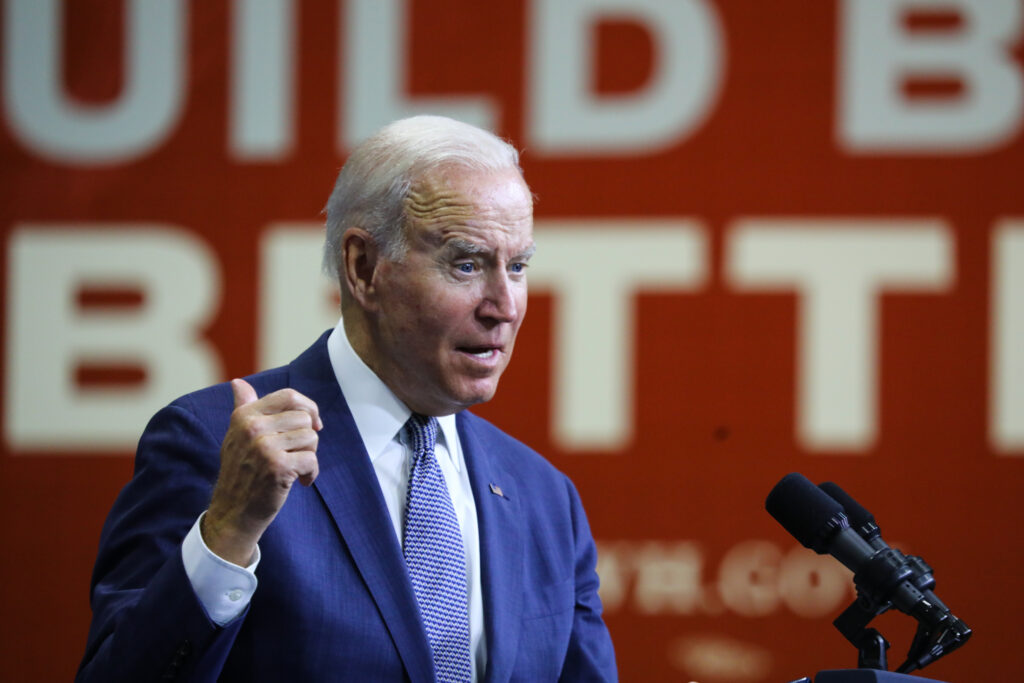Rep. Jeb Hensarling (R-TX) has introduced the “Financial CHOICE Act,” to overhaul rules for key financial regulators, including the Federal Reserve, the Federal Deposit Insurance Corporation., and the Securities and Exchange Commission.
Hensarling’s bill, offered April 26, contains a provision to preclude all but the largest investors from offering shareholder resolutions designed to direct corporate policy. The provision would effectively halt shareholder resolutions from small investors including activist group who have recently pushed corporations to change their policies on issues such as climate change, fossil fuel investment and reporting, gender equity, and sustainable development.
Current SEC rules allow any investors with a minimum of $2,000 in stock, or one percent of a company’s stock, to file a shareholder resolution. The Financial CHOICE Act would drop the $2,000 threshold, requiring instead any investors who wish to introduce shareholder resolutions to have held at least one percent of a company’s stock for a minimum of three years before offering a resolution. For the world’s largest companies this provision would require shareholders to hold billions of dollars in stock to offer a resolution. Even at smaller firms, the one percent for three year threshold would amount to holding tens of thousands to millions of dollars in shares.
Resolutions Push ‘Social Objectives’
Speaking at an April 26 hearing on the bill held before the House Financial Services Committee Rep. French Hill (R-AR) said the types of resolutions targeted by the bill usually lack merit being nothing more than a “regulatory cost of being public.”
Rep. Randy Hultgren (R-IL) also spoke in support of the one percent standard calling it a “reasonable,” response to resolutions driven by politics as opposed to the good of investors.
“I can’t believe investors need for Boeing to adopt health care reform proposals, for Mondelez to report on gender equality through the entire supply chain, for McDonalds to educate the American public on the benefits of genetically modified products or for Archer Daniels Midland to adopt and implement a comprehensive sustainable palm oil policy,” Hultgren said. “These social objectives have nothing to do with investor protection.”
On a party line vote of 34 in favor to 26 opposed, the House Financial Services Committee approved the Financial Choice Act on May 4, 2017. The bill now moves to the full House for consideration.
H. Sterling Burnett, Ph.D. ([email protected]) is the managing editor of Environment & Climate News.





